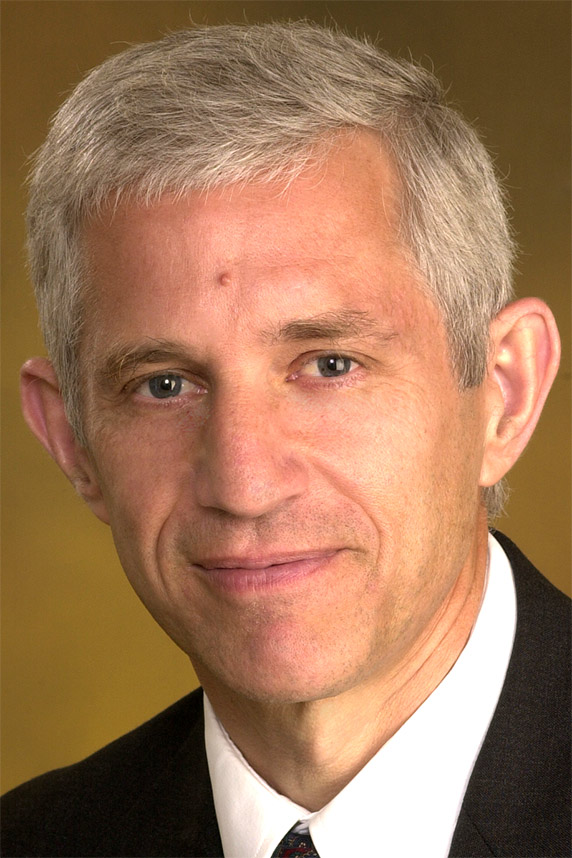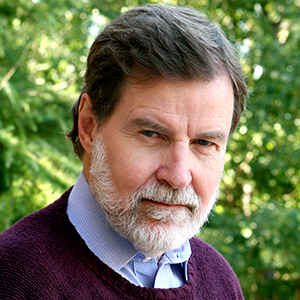Longtime NIEHS researcher Thomas Kunkel, Ph.D., was among 124 new members and 24 international members elected to the National Academy of Sciences (NAS) on April 30 in recognition of their distinguished and continuing achievements in original research.

“I am very proud of this accomplishment, both for me personally and for what it says about the tremendous support that has made it possible,” said Kunkel, the NIH Distinguished Investigator in the Genome Integrity and Structural Biology Laboratory (GISBL). “That support has been constant for more than 40 years, from both NIEHS and the National Institutes of Health, as well as from the many people who have contributed to our group’s success, including my colleagues here and throughout the world.”
Being elected to the academy is considered one of the highest honors that a scientist can receive. New members are chosen by current members through a process that recognizes individuals who have made major contributions to the advancement of science.
Philip Hanawalt, Ph.D., of Stanford University and an NAS member since 1989, noted that Kunkel has contributed seminal discoveries for more than four decades.
“Tom Kunkel is an internationally acclaimed leader in the field of genomic stability, whose impeccable integrity, outstanding mentorship, and ability to deliver exemplary lectures on his work are also notable,” Hanawalt said after learning of Kunkel’s election.
“He is responsible for much of what we know about the factors that control the precision of chromosome replication,” added Paul Modrich, Ph.D., an NAS member and 2015 Nobel Prize in Chemistry winner. “In my view, his election to the NAS is long overdue.”
Outstanding science
Kunkel is a world leader in studies of DNA replication, the process by which a cell makes an identical copy of its DNA. This process is essential for cell division, growth, and repair. Kunkel’s research has largely focused on DNA polymerases, the enzymes responsible for synthesizing new DNA strands during replication. Kunkel's work has revealed important insights into how DNA polymerases function and how errors in DNA replication can lead to mutations that make people more susceptible to diseases like cancer.
One of Kunkel's key contributions is his study of DNA replication fidelity, or the accuracy with which DNA polymerases copy genetic information. He discovered that DNA polymerases have proofreading capabilities, meaning they can recognize and correct mistakes made during replication. This insight has greatly enhanced the understanding of how cells maintain the integrity of their genetic information.
Accurate DNA replication maintains genetic information over many generations and avoids disease-causing mutations. Inaccurate DNA replication benefits evolution, survival of viruses and microbes in adverse environments, and development of the immune system. Among his many discoveries, Kunkel showed that the polymerase responsible for replicating the HIV genome is highly inaccurate, explaining the emergence of drug-resistant forms of the virus.
“Dr. Kunkel’s work uses techniques from structural biology, biochemistry, genetics and genomics to understand how mutations are avoided or generated during DNA replication,” said NIEHS Scientific Director Darryl Zeldin, M.D. “Because mutations are relevant to much of biology, his research has advanced several fields, from evolution to the origins of human disease.”
Expert advice
With their election, Kunkel and his peers make a commitment to volunteer their services for National Academies activities. NAS works alongside the National Academy of Medicine and the National Academy of Engineering to provide independent, objective analysis and advice to the nation, and it conducts other activities to solve complex problems and inform public policy decisions.
The newly elected members bring the total number of active members to 2,617 and the total number of international members to 537.
(Marla Broadfoot, Ph.D., is a contract writer for the NIEHS Office of Communications and Public Liaison.)





